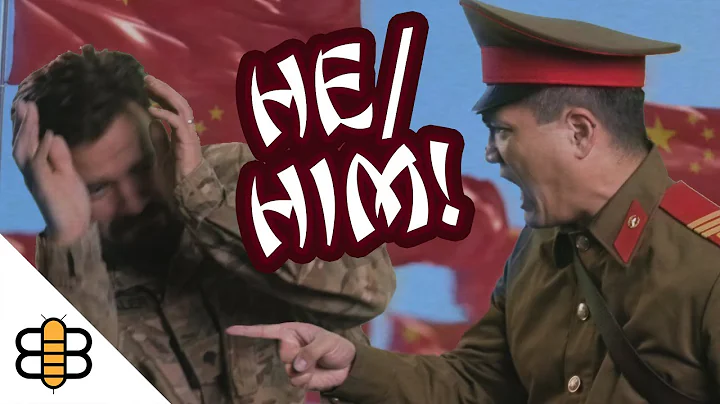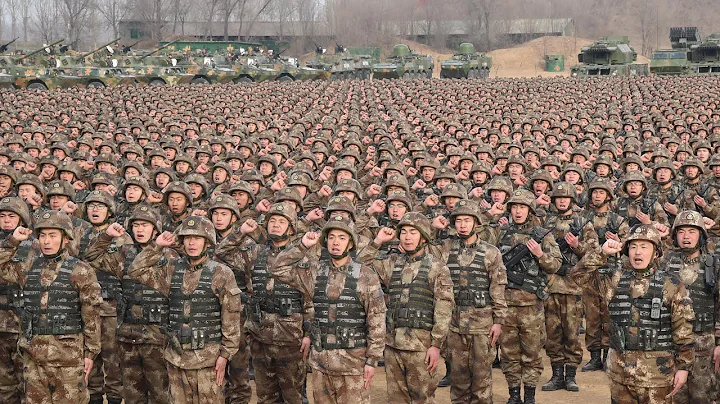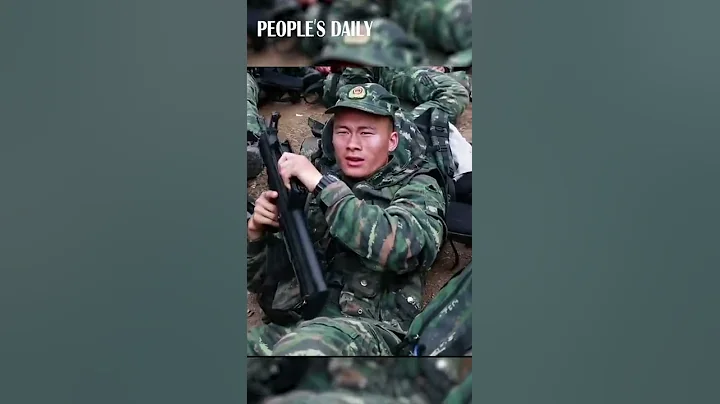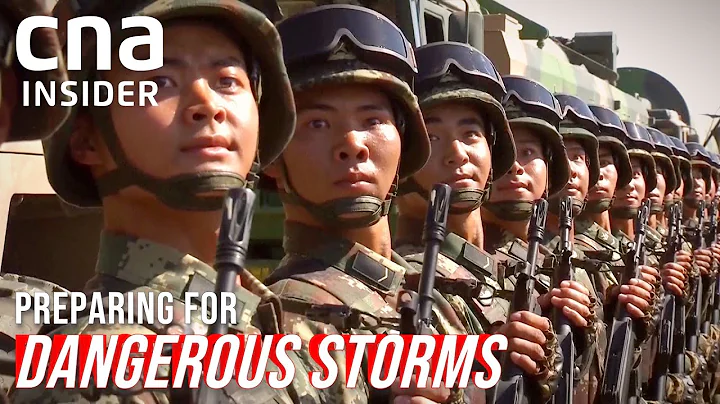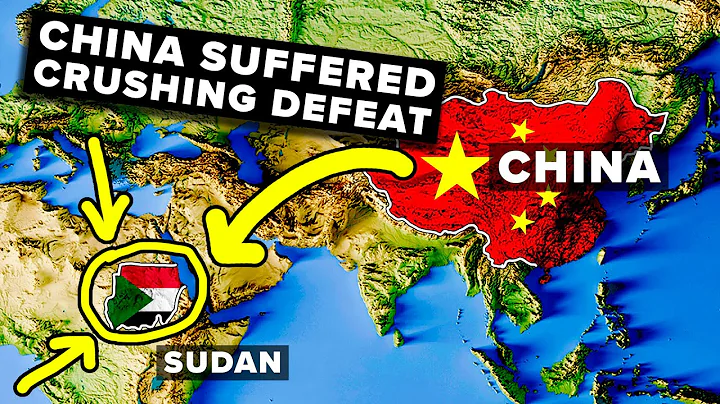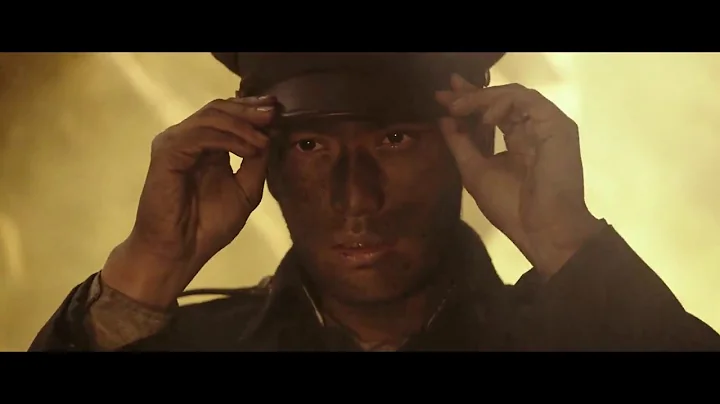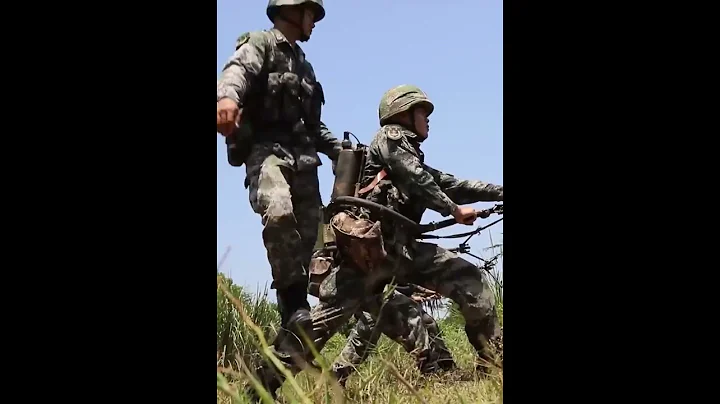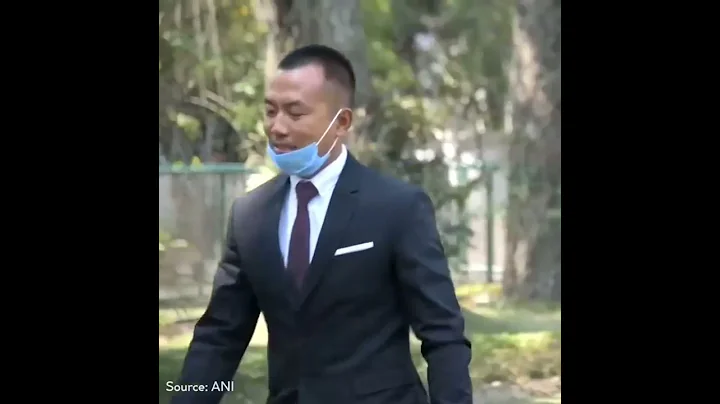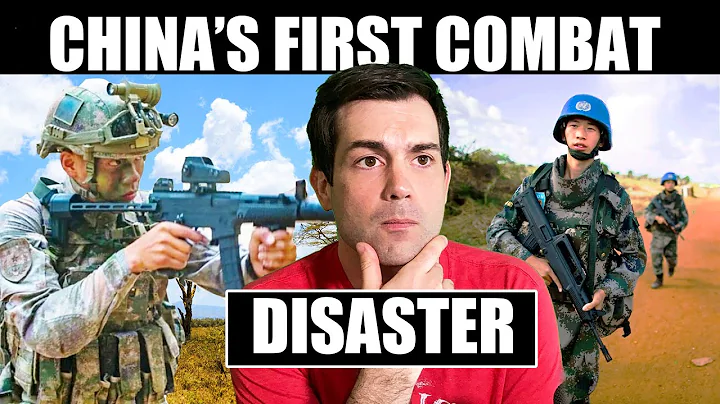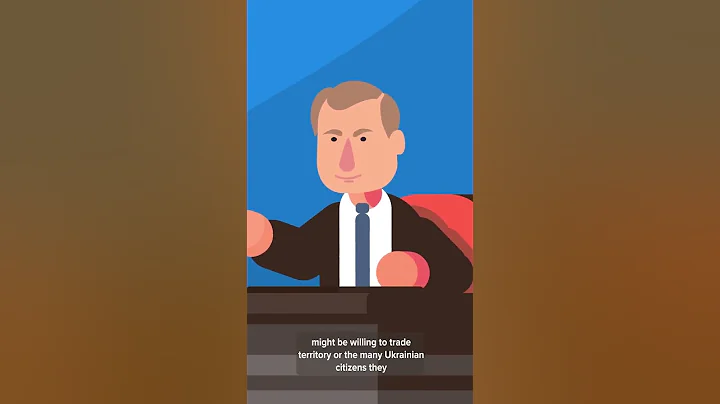In 1926, Wang Jinzhang was born into a poor peasant family in Laizhou, Shandong. When he was very young, his father came to the Northeast alone and worked as a lumberjack in Heilongjiang. In 1942, 17-year-old Wang Jinzhang moved from Shanshan to Heilongjiang to join his father. At that time, the Northeast was still under the rule of the Japanese. He was beaten by his boss because he was young and could not do heavy work, and he experienced the hardships of life.

In January 1946, Wang Jinzhang joined the Chinese People's Liberation Army. In the winter of that year, he ushered in his first battle after joining the army - the liberation of Dehui. Due to his bravery in combat, he was promoted to deputy squad leader of the light machine gun squad in July of the following year and participated in the liberation of Dehui. Siping battle. On the battlefield, Wang Jinzhang's eyes turned red when he saw the heroic sacrifice of his comrades around him. He led the whole class of soldiers to fight the enemy bravely, and the barrels of the machine gun were burned red. His outstanding combat performance and heroic and fearless spirit were recognized by the party organization of the army. In March 1948, Wang Jinzhang became a glorious member of the Communist Party of China. In June, he was named a model party member.
In the winter of 1948, Wang Jinzhang, who had become a platoon leader, was wounded in battle. His upper right arm and left eye were wounded by enemy bullets, and he was forced to withdraw from the army to recuperate until the liberation of the country. After liberation, because of his good cultural foundation, he was recommended to Jiamusi City Vocational School to study agriculture and served as secretary of the finance and agriculture classes. The class he taught won the first-class merit in the school competition. After the outbreak of the Korean War, Wang Jinzhang took the initiative to apply to the school for front-line support and served as a deputy instructor in the logistics force.
In 1954, Wang Jinzhang, who was demobilized and transferred to work, came to work in the Sanchazi Forestry Bureau of Jiangyuan District. He successively served as the leader of the bureau's anti-revolutionary group and the leader of the administrative group of the Forest Railway Division. At that time, there were many latent Kuomintang agents, dispersed bandits, and Japanese and puppet reactionaries in the Northeast. They often looked for opportunities to undermine national construction and threaten social stability. During this period, Wang Jinzhang often fought against these few elements to protect the security of the people and the country. In 1982, he won the third-class merit in the "Competition Plan for Contributing to the Four Modernizations" of the Sanchazi Forestry Bureau.

After retiring, Wang Jinzhang never faded in retirement. He combined his combat experience to inherit the red revolutionary spirit and carry out revolutionary traditional education. Many children of the Forestry Bureau grew up listening to his battle stories. In 1990, he was rated as an advanced retired cadre by the Jilin Provincial Forestry Department. In 1991, he was hired by the Association for Caring for the Next Generation of the Sanchazi Forestry Bureau as an association counselor.
In 2008, he began to actively participate in community construction, taking the residents' major and minor issues into consideration. He said: "I'm old and can't do any hard work, so I can help Cao Cao with ideas." Over the years, whenever Wang Jinzhang discovered potential safety hazards in the community, he promptly reported the situation to the community and set up simple warning signs at the hidden dangers to remind passers-by to avoid them. There were no street lights, so he suggested installing temporary lamp heads on the building. When neighbors encountered difficulties, he always took the initiative to provide help. When children from needy families were admitted to college, he took the initiative to send 500 yuan. His help is indispensable for all major and minor events in the community. , Wang Jinzhang used his actions to establish prestige among the masses. When residents mention Wang Jinzhang's name, they will give a thumbs up. In the words of a neighbor: "Mr. Wang is our caring person and backbone."

In recent years, under the organization of the Jiangyuan District Related Work Committee, Wang Jinzhang has served as the "Five Elders" Volunteers often participate in various forms of "red education" activities organized by Baishan Smart Love Charity Disabled Assistance Association to tell young people about the war years. Every year during Tomb Sweeping Day, the 90-year-old man and volunteers go to the nearby places where General Yang Jingyu died for his country, the Wang Detai Martyrs Cemetery, and the Sibao Linjiang Martyrs Cemetery to sweep the tombs and pay homage to the martyrs. He said he hoped that young people would not forget history and cherish the hard-won peace.
Our veterans have defended the dignity of the country with their blood and lives, and built the backbone of the nation with their flesh and blood; our veterans have crawled forward in the flames of the battlefield, and built unbreakable monuments with their heroic souls. The smoke of gunpowder has gone away, and we are in a peaceful era, let alone forget the unyielding and resistance of the bloody era! Salute, war veterans!
- source ( Baishan release)
